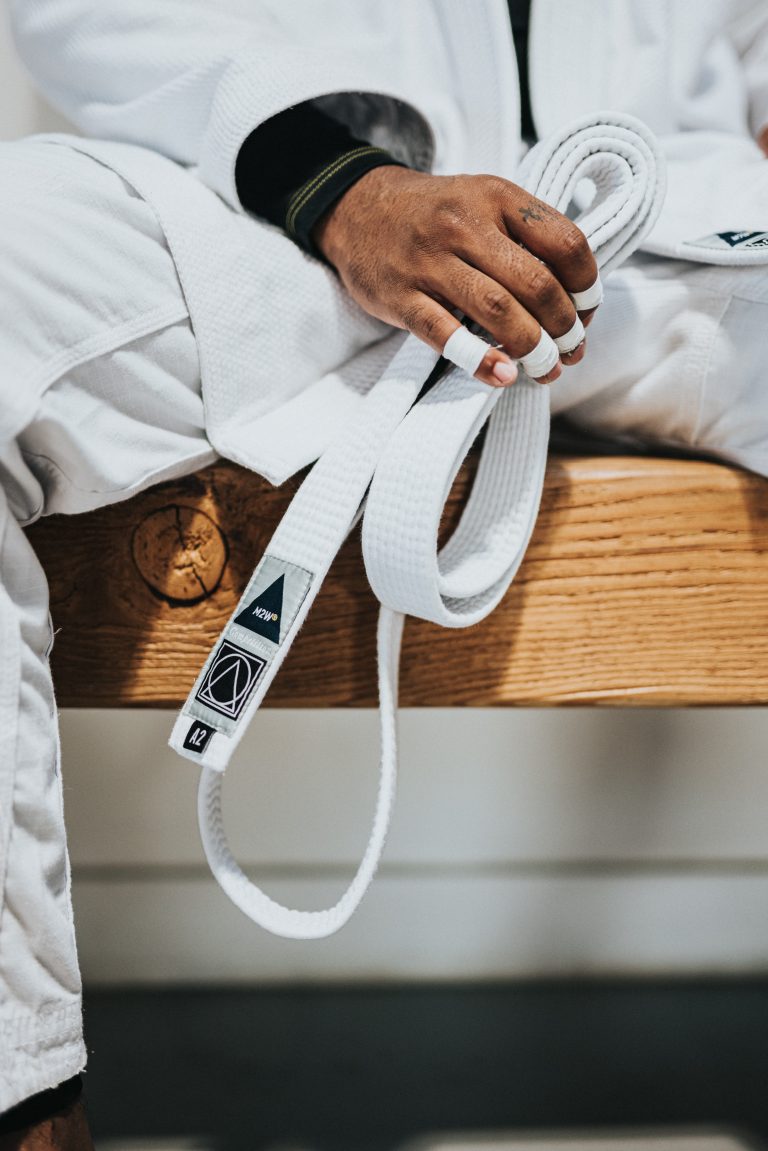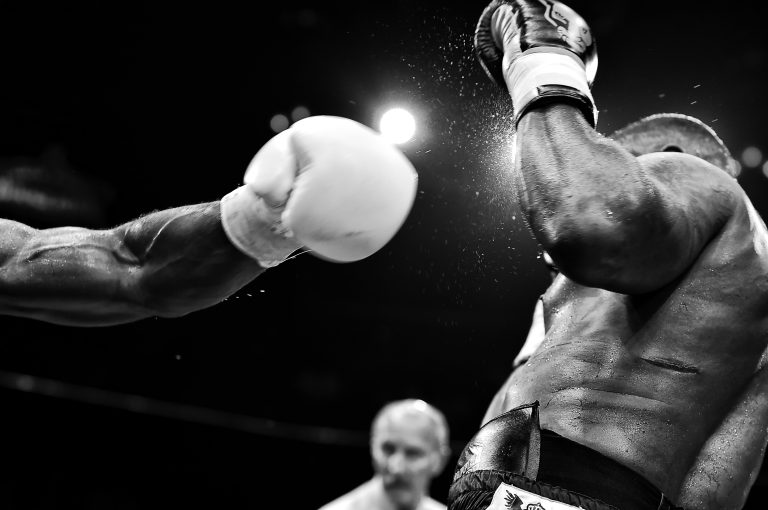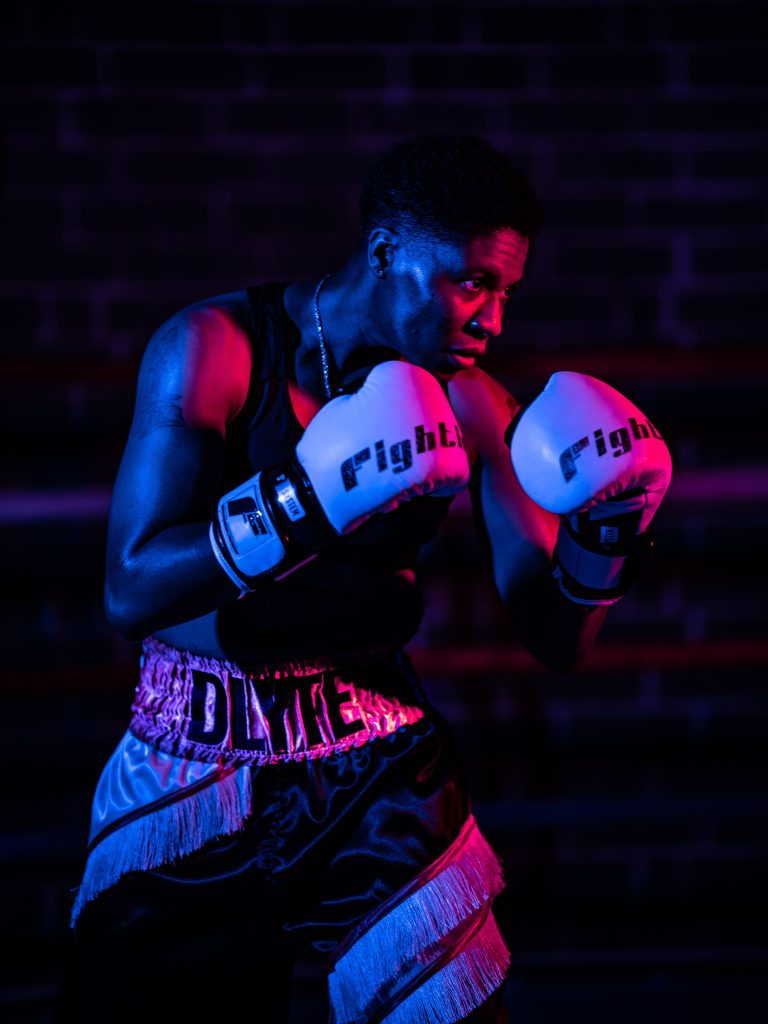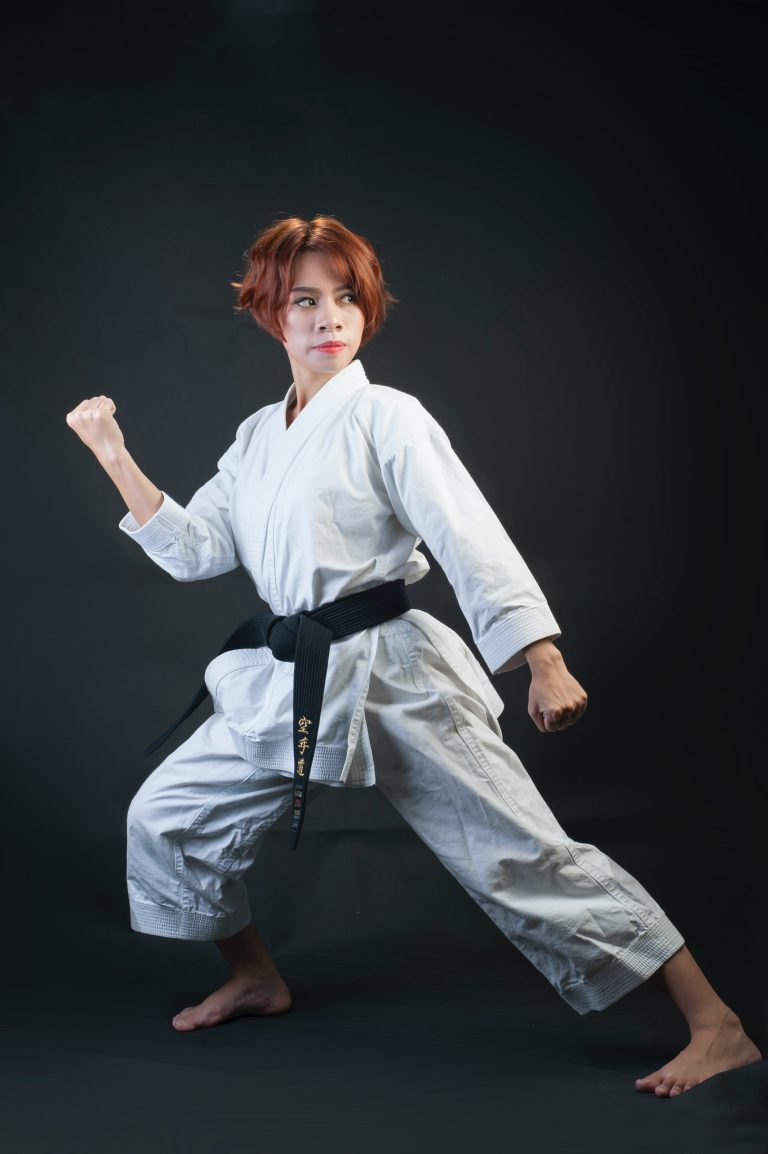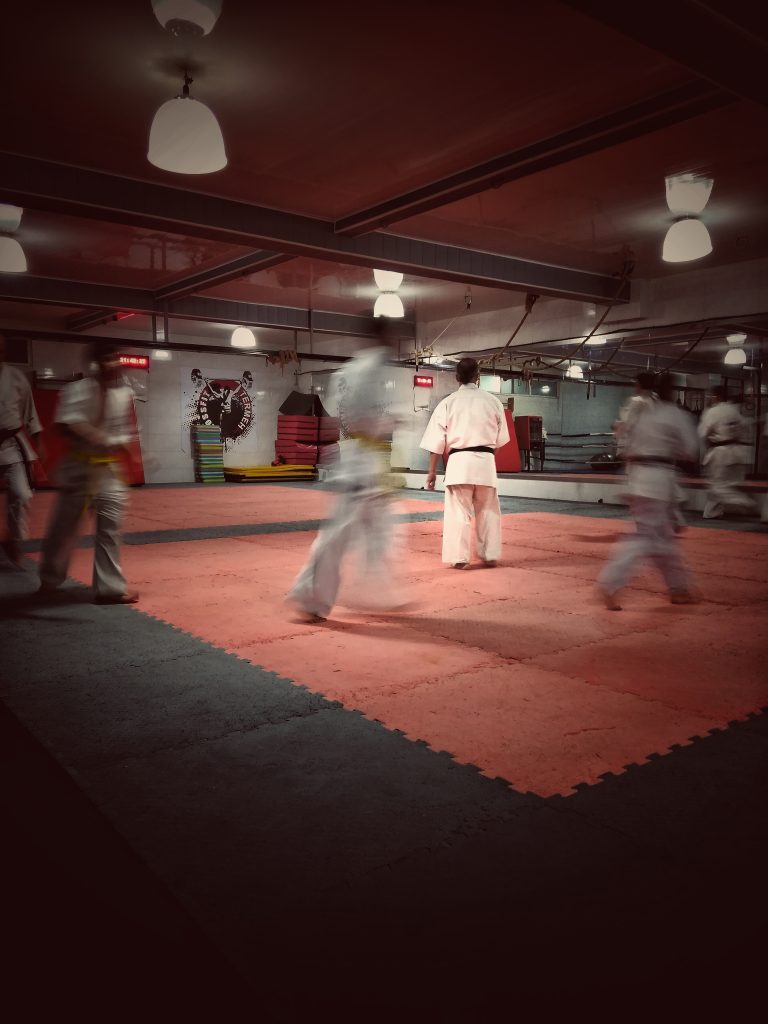Karate: Teaching Discipline, Building Character, and Enhancing Physical Fitness
Karate is a martial art whose practice has been around for more than two millennia. Although primarily associated with self-defense and competitive sports, it is also widely used as an activity for teaching discipline, building character, and improving physical fitness. Every practitioner of karate will have his or her own reasons for studying the martial art, but there are some common reasons why it is so popular. In this blog post, we will discuss the benefits of karate and explore why so many people around the world practice this martial art.
What Is Karate?
Karate is a form of martial arts that has its origins in Okinawa, Japan. The literal translation of “karate” is “empty-hand”, meaning that no weapons are used in the practice of karate. Instead, practitioners rely on punches, kicks, blocks, and other body movements to defend themselves. Karate utilizes an approach of hitting vital points on an opponent’s body as a means of incapacitating them. The martial art is often divided into two disciplines: kumite (sparring) and kata (forms).
Benefits of Karate
Karate can provide a wide range of benefits that can be useful to practitioners of all ages. Here are some of the most common benefits associated with practicing karate:
- Physical Fitness: Regular practice of karate can improve an individual’s physical fitness by building muscle strength and aerobic capacity. Studies have shown that athletes who regularly practice karate have increased core strength, improved flexibility and agility, and increased bone density.
- Self-Defense: The main focus of karate is self-defense, and practitioners learn how to use their bodies as weapons to protect themselves against an attacker. Techniques such as proper punches, kicks, blocks, armlocks, and chokeholds are taught in order to counter various forms of attack.
- Discipline: A hallmark of karate instruction is the emphasis on respect, discipline, and self-control. Practice requires practitioners to concentrate fully on their techniques and to use controlled movements. This can lead to improved discipline in a student’s other activities.
- Spiritual Awareness: At the heart of karate practice is the concept of “ki” which refers to one’s life energy or spiritual power. Focusing on this aspect of karate can lead to greater self-awareness and also help to develop concentration and relaxation skills.
- Stress Relief: The rigors of karate can be a good way to release stress, as there is a physical component to practice as well as the mental discipline that comes with studying the martial art. Experiencing the physicality of karate can help relieve some of the stress associated with daily life.
Popularity of Karate
In recent years, interest in karate has skyrocketed as more people become aware of its many benefits. According to research conducted by the Karate Source, more than 14 million people practice karate regularly in the United States alone. The popularity of karate has been further propelled by its introduction into the Olympic Games for the first time at Tokyo 2020.
Conclusion
Karate is a martial art that has been around for millennia and has recently seen a resurgence in popularity due to its numerous benefits. By practicing karate regularly, individuals can improve their physical fitness and self-defense capabilities while also developing greater discipline, spiritual awareness, and stress relief. With its newfound popularity and inclusion in the Olympics at Tokyo 2020, it appears that karate is here to stay.
Frequently Asked Questions about Karate: Teaching Discipline, Building Character, and Enhancing Physical Fitness
Karate is an ancient martial art that started in Okinawa, Japan. This combat technique has evolved into a worldwide sport with disciplined training, organized competitions, and a loyal following. Karate is more than just a sport; it teaches disciple, builds character, and enhances physical fitness. If you are new to Karate or thinking of joining a Karate class, you may have some questions. In this blog post, we have answered some frequently asked questions about Karate.
1. What is Karate?
Karate is a combat sport that originated in Okinawa, Japan. It is a martial art that teaches striking, punching, and kicking techniques to defend oneself. Karate training also includes katas, i.e., a series of movements that simulate fighting an imaginary opponent, and sparring, where students practice fighting with a partner.
2. What are the benefits of Karate?
Karate offers many physical, emotional, and mental benefits, such as:
Physical benefits:
– Improves cardiovascular health
– Enhances flexibility and coordination
– Increases strength and endurance
– Builds muscle tone and promotes weight loss
– Improves balance and posture
Emotional benefits:
– Improves self-esteem and confidence
– Teaches discipline and respect for oneself and others
– Enhances focus and attention to detail
– Develops perseverance and determination
– Reduces stress and anxiety
Mental benefits:
– Enhances problem-solving skills
– Develops strategic thinking and decision-making abilities
– Improves memory and cognitive function
– Builds a sense of community and belonging
3. Is Karate suitable for all ages?
Yes, Karate is a sport that can be enjoyed by people of all ages. Many Karate schools and clubs offer classes for kids, teenagers, and adults. Karate can be beneficial for developing self-discipline, coordination, and physical fitness in kids. It can also help adults reduce stress, stay active, and improve their overall fitness levels.
4. Do I need any prior experience or fitness level to start Karate?
No, you don’t require any prior experience or fitness level to start Karate. Training in Karate can help you develop your fitness levels gradually. If you have any medical concerns or physical limitations, consult with your physician before starting Karate training.
5. What should I wear to a Karate class?
Most Karate schools and clubs have a uniform or Gi, which is a white or black cotton suit with a belt. The uniform is comfortable, loose-fitting, and allows freedom of movement. It is recommendable to wear a t-shirt and sweatpants or workout pants under your Gi. You can also wear a mouthguard and protective gear if required.
6. How long does it take to learn Karate?
The learning period of Karate varies from person to person. It depends on the frequency of training, dedication, skill level, and the specific Karate style. Some students can attain a black belt in three to five years of training, while others may take longer.
7. What are the different Karate styles?
Karate has many different styles, each having its unique focus and techniques. Some of the significant Karate styles are:
– Shotokan Karate: This style emphasizes fast, powerful strikes and strong stances.
– Goju-Ryu Karate: This style emphasizes circular movements, including joint locks and throws.
– Shito-Ryu Karate: This style focuses on smooth movements, including blocks and strikes, and is a combination of Goju-Ryu and Shotokan styles.
– Wado-Ryu Karate: This style based on Jujitsu techniques and emphasizes countering and evading attacks.
8. How can I find a good Karate school?
To find a good Karate school, you can research online, ask for recommendations from friends and family, or visit local Karate clubs to observe their classes. When selecting a Karate school, consider the instructor’s qualifications, teaching style, class size, and the school’s reputation.
9. Can Karate be used for self-defense?
Yes, Karate can be used for self-defense. It teaches students techniques to block, strike, and escape from an attacker. However, it is essential to remember that Karate training is not a substitute for professional self-defense training, such as Krav Maga, and should not be used for violence or aggression.
10. Is Karate dangerous?
Karate can be dangerous if proper precautions are not taken. The risk of injury increases during sparring or competition. However, injuries can be prevented by wearing protective gear, training under the guidance of a qualified instructor, and following safety guidelines.
Conclusion
Karate is a sport that offers a range of physical, emotional, and mental benefits. It teaches discipline, builds character, and enhances physical fitness. Whether you are a kid, a teenager, or an adult, Karate can be enjoyed by people of all ages and abilities. To reap the benefits of Karate, find a good Karate school, and start training today!
Inhaltsverzeichnis


